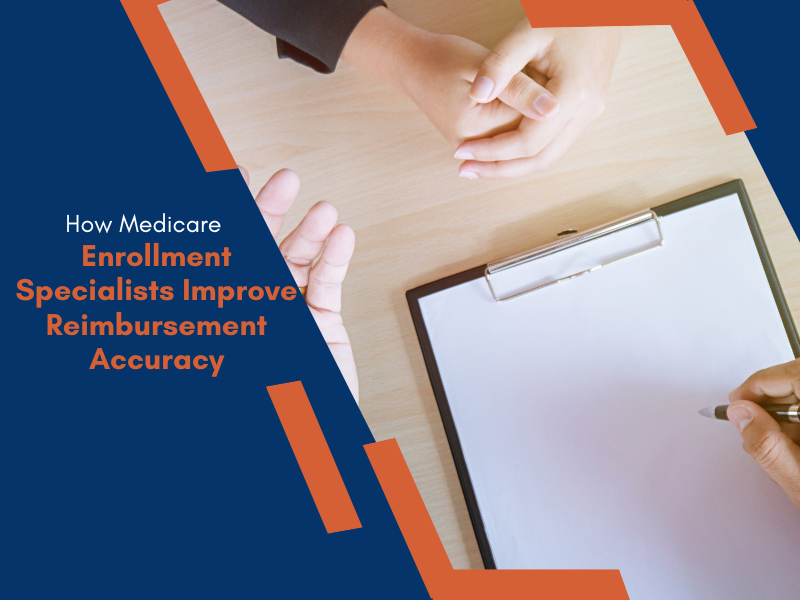
The foundation of quality healthcare rests on the concept of licensure in healthcare and the mandatory credentials healthcare professionals like doctors, nurses, and therapists must obtain to practice legally. This essential requirement not only validates their expertise but also acts as a shield for patient safety. By setting rigorous standards and ensuring only qualified professionals enter the field, licensure plays a pivotal role in upholding the integrity of healthcare services, assuring patients of competent care and practitioners of their rightful place in a trusted medical landscape.
Ensuring Competence and Qualification
Licensure in healthcare is a robust mechanism to guarantee the competence and qualification of healthcare professionals. It acts as a gatekeeper, demanding that individuals meet stringent prerequisites of education, training, and rigorous examinations. Licensing boards, entrusted with safeguarding public health, establish, and uphold these standards to ensure practitioners possess the necessary expertise. This stringent process applies across a spectrum of professions, including physicians, surgeons, and pharmacists, where a lapse in competence could have grave consequences. By demanding adherence to these benchmarks, licensure ensures that only proficient individuals enter the healthcare arena, enhancing patient safety and promoting a culture of excellence in the medical field.
Protecting Patient Safety
Healthcare licensure plays a pivotal role in upholding patient safety, forming a direct correlation between the competence of practitioners and the well-being of those under their care. By imposing strict criteria for education, training, and examination, licensure acts as a potent safeguard against the entry of unqualified individuals into the healthcare domain.
The significance of this safeguard becomes evident when considering the potential consequences of inadequate licensure. Instances of practitioners lacking the required skills and knowledge have led to catastrophic outcomes. For instance, cases where unlicensed surgeons performed procedures resulted in avoidable complications and even fatalities. Such incidents underscore the real-world repercussions of insufficient regulation.
Through the stringent licensure process, regulatory bodies diligently weed out practitioners who might compromise patient safety. This meticulous scrutiny ensures that only those who have demonstrated competence and met established standards are entrusted with patient care. Consequently, patients can have confidence that licensed professionals possess the necessary expertise to deliver effective and safe treatments.
Maintaining Ethical Standards
Licensure serves as a cornerstone in maintaining ethical conduct within the healthcare profession. Beyond assessing clinical knowledge, licensing bodies enforce adherence to a code of ethics and professional behavior. This commitment to ethical standards not only promotes trust and integrity within the healthcare system but also safeguards the interests of patients.
Licensed practitioners are held accountable for their actions and decisions, ensuring they uphold the ethical principles that underpin their profession. For example, in situations involving patient confidentiality breaches or conflicting interests, licensure frameworks guide practitioners in making morally sound choices.
Furthermore, the healthcare landscape presents practitioners with intricate ethical dilemmas. From end-of-life care decisions to resource allocation during emergencies, healthcare professionals often encounter scenarios where moral choices are paramount. Licensure equips them with the ethical foundation and decision-making frameworks necessary to navigate these challenges while safeguarding patients’ well-being.
In summary, licensure’s role extends beyond mere technical competence—it is a critical tool that enforces ethical behavior and promotes patient trust. By upholding a code of ethics and providing practitioners with the resources to address ethical dilemmas, licensure contributes to a healthcare environment where patients can confidently expect both skillful care and ethical treatment.
Legal Accountability and Liability:
Healthcare licensure goes beyond professional validation—it establishes a framework of legal accountability that holds practitioners to rigorous standards of practice. This accountability ensures that licensed professionals adhere to accepted norms, and deviations from these standards can result in legal repercussions.
Licensure sets forth a clear code of conduct that licensed practitioners are expected to follow. In case of deviations leading to patient harm, legal action can be pursued.
Consider a scenario where a licensed pharmacist dispenses the wrong medication due to negligence, causing severe adverse effects for the patient. The licensure board’s investigation would lead to disciplinary actions and possibly legal consequences, providing a strong example of how licensure contributes to both patient protection and professional accountability.
Ensuring Continuous Learning and Development:
Licensure not only validates existing competence but also fosters a culture of ongoing learning and development among healthcare professionals. It recognizes that the medical field is ever-evolving, and staying updated with the latest advancements is crucial for maintaining high-quality patient care.
Licensure frameworks often mandate continuing education requirements, necessitating licensed practitioners to engage in regular learning activities. These requirements could include attending conferences, workshops, and pursuing advanced certifications. This emphasis on continuous learning serves two important purposes: it ensures that professionals remain current with cutting-edge practices and it fosters a commitment to personal growth within the field.
Cross-Border Mobility and Standardization:
Licensure plays a vital role in enabling healthcare professionals to work across borders. While licensure standards may differ among countries, they often share core competencies, ensuring a baseline level of expertise and patient care consistency.
Although licensure criteria can vary globally, core competencies ensure that professionals meet minimum standards. This consistency guarantees that patients receive quality care, regardless of where the practitioner is licensed.
Licensure’s importance in international workforce mobility cannot be overstated. It fosters patient safety by ensuring that professionals practicing abroad meet comparable standards. This maintains trust and safeguards patients, even in diverse healthcare settings.
In the intricate landscape of healthcare, licensure emerges as a cornerstone of safety, competence, and ethical conduct. Beyond its role in validating professionals, licensure’s influence extends to legal accountability, continuous learning, and even cross-border healthcare mobility. As a guardian of patient well-being, licensure in healthcare forms an unyielding bond between practitioners and the trust they carry. Its significance reverberates across borders, cultures, and contexts, underscoring the universal commitment to providing the highest standard of care, and reinforcing the pivotal role it plays in shaping the future of healthcare.
References
- American Medical Association (AMA): https://www.ama-assn.org/
- National Council of State Boards of Nursing (NCSBN): https://www.ncsbn.org/
- World Health Organization (WHO): https://www.who.int/
- American Nurses Association (ANA): https://www.nursingworld.org/
- Centers for Disease Control and Prevention (CDC): https://www.cdc.gov/
- Federation of State Medical Boards (FSMB): https://www.fsmb.org/
- National Association of Boards of Pharmacy (NABP): https://nabp.pharmacy/





